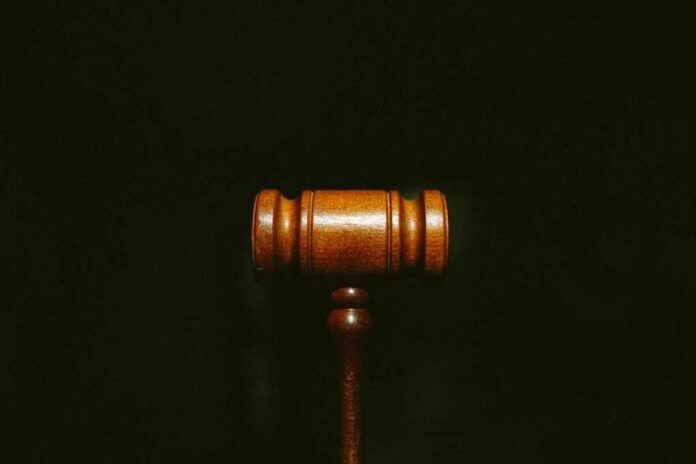
(TheRedWire.com) – On Tuesday, Judge Aileen M. Cannon of the U.S. District Court made a concession to special counsel Jack Smith regarding the confidentiality of witnesses’ identities in the classified documents lawsuit involving former President Trump. Judge Cannon decided to keep the identities of certain witnesses, including FBI and Secret Service agents, confidential, yet she only partially acceded to the prosecution’s request for this confidentiality.
In her 24-page ruling, Judge Cannon declined to impose a broad prohibition on revealing witness statements in pretrial filings, stating there was insufficient justification for such extensive secrecy. She dismissed the special counsel’s plea to conceal all details of witness statements in pretrial documents unless they were necessary to identify the witnesses.
Judge Cannon noted the lack of legal precedent for such an expansive concealment order, mentioning that her review of legal sources found no similar cases where such extensive protective measures were granted.
This ruling comes amidst ongoing debates between Smith’s team and Trump’s lawyers, contributing to delays in the case’s progression. Despite previously expressing criticisms of the Justice Department’s approach, Judge Cannon has mostly ruled in favor of the prosecutors, as highlighted by recent developments reported by The Washington Post.
The trial’s scheduling remains undecided, though indications suggest readiness from both sides for a summer commencement.
Judge Cannon, who had previously acceded to Trump’s demand for a third-party review of documents seized in an FBI raid at Mar-a-Lago, expressed her ongoing reservations about the Department of Justice’s prosecutorial strategy, highlighting the evolving and complex nature of the case.
Her recent decision to protect the anonymity of witnesses, after reconsidering an earlier ruling, seems to mitigate potential escalating disputes with Smith’s team, who had criticized another of her decisions as “fundamentally flawed.”
The matter of witness identity protection first arose in January when Trump’s defense team sought disclosure of a vast number of documents to support their claim of prosecutorial overreach by the Biden administration. Despite their request to file this motion with minimal redactions, the prosecution objected to disclosing information that could reveal witness identities.
Judge Cannon initially allowed the filing of the motion with limited redactions to protect witnesses’ personal details. However, following the special counsel’s appeal, which highlighted the risk of threats and harassment to witnesses if identified, she revised her decision, emphasizing the importance of revisiting the arguments and the need for a thorough reconsideration of her previous order.
Copyright 2024, TheRedWire.com















